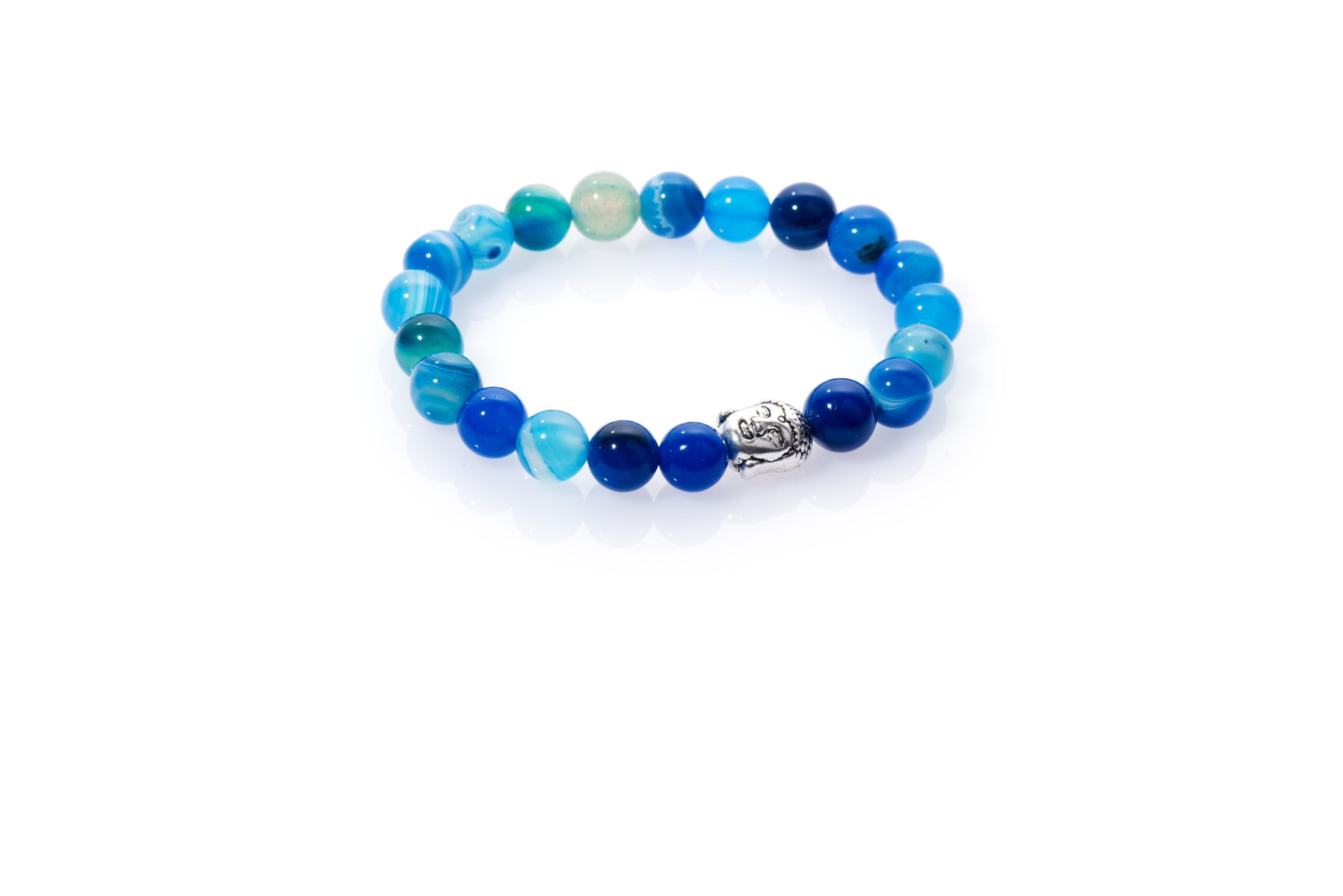In the wake of the 2024 election, some white women are using blue bracelets to signal solidarity with Black women and other marginalized communities. This trend, dubbed the “blue bracelet movement,” symbolizes their opposition to President-elect Donald Trump. It also is a signal of their frustration over another election cycle that saw a majority of white women support him, while Black women overwhelmingly backed Kamala Harris. However, the blue bracelet movement has struck a nerve among Black women, with many feeling that it’s nothing more than a performative gesture that does little to address the real issues at hand.
What is Origin of the Blue Bracelet Movement?
Inspired by the friendship bracelet trend associated with Taylor Swift’s Eras Tour, the blue bracelet is intended to be a visible sign that the women wearing them do not align with Trump. This is their way of saying that they “stand with” communities who might feel threatened by his victory. In this light, the bracelet is intended to be a show of allyship. It is a simple way of saying, “I’m not like the others.”
However, many Black women say they don’t need or want blue bracelets to feel supported or safe. For Black women, allyship goes far beyond a symbolic accessory. It’s an ongoing commitment, shown through action, accountability, and a willingness to disrupt oppressive systems. A bracelet just doesn’t cut it.
Why the Blue Bracelet Movement Feels Performative
The blue bracelet feels empty, especially when the stakes are so high. Time and time again, Black women have advocated for equity and justice across racial and gender lines. They’ve been on the front lines of social justice movements, braved the intersections of sexism and racism, and, perhaps most visibly, delivered strong political results for a Democratic Party that many Black women feel barely represents them.
Therefore, when there’s a majority of white women casting their ballots for Trump, it’s disheartening to see the answer being, “Well, here’s a bracelet to show I’m different.”
A bracelet is a passive symbol. It’s easy to put on and doesn’t ask anything of the wearer. With just a bracelet, there’s no sacrifice, no action, and no confrontation with real-world issues. What Black women really want is for allies to stand up in their own circles, challenge bias at home, at work, and in social spaces, and to use their privilege to make actual change.
A History of Performative Solidarity
Society has seen these types of actions before. The blue bracelet movement echoes other symbolic actions, like the safety pin worn after the 2016 election or posting black squares on to Instagram feeds in 2020. In each case, the gesture was meant to show solidarity, but Black women have often found themselves wondering where this energy is when it counts.
Allies should understand that it takes more than symbols to build trust. Real allyship requires hard, consistent work, especially in uncomfortable spaces where solidarity isn’t as simple as wearing a trendy bracelet.
What Black Women Really Need Instead of the Blue Bracelet Movement
If white women are genuinely committed to showing up for Black women, they don’t need bracelets. They need action.
Addressing Racism in Close Circles
Rather than turning to bracelets, white allies should look at their own social circles. Stand up to friends, family, and colleagues who make racist comments or ignore the concerns of Black women.
Supporting Black-Owned Businesses and Media
Invest in Black communities. Whether it’s a purchase, a subscription, or sharing a platform, supporting Black-owned brands and content creators can go a long way in promoting equity.
Voting for Policies That Protect Black Women
When election time comes, it’s about more than just showing up at the polls. True allies vote for policies that align with the needs of Black women and fight to protect reproductive rights, combat police violence, and increase access to healthcare.
Amplifying Black Voices and Taking Direction from Black Leaders
Listen to and uplift Black voices, particularly Black women’s voices, and take direction from Black-led movements and organizers.
As much as the blue bracelets attempt to be a rallying cry for unity, Black women are more focused on something else entirely. They care more about self-care, community, and growth. For them, the end of this election cycle means shifting their energy back to their own well-being, self-empowerment, and joy that continues despite political challenges.
In the end, Black women don’t need or want a bracelet. Black women are looking to be seen, heard, respected, and protected through actions that demonstrate true commitment. They don’t need a piece of jewelry meant to say, “I’m one of the good ones.” Black women know who’s genuinely on their side and a bracelet won’t change that.
